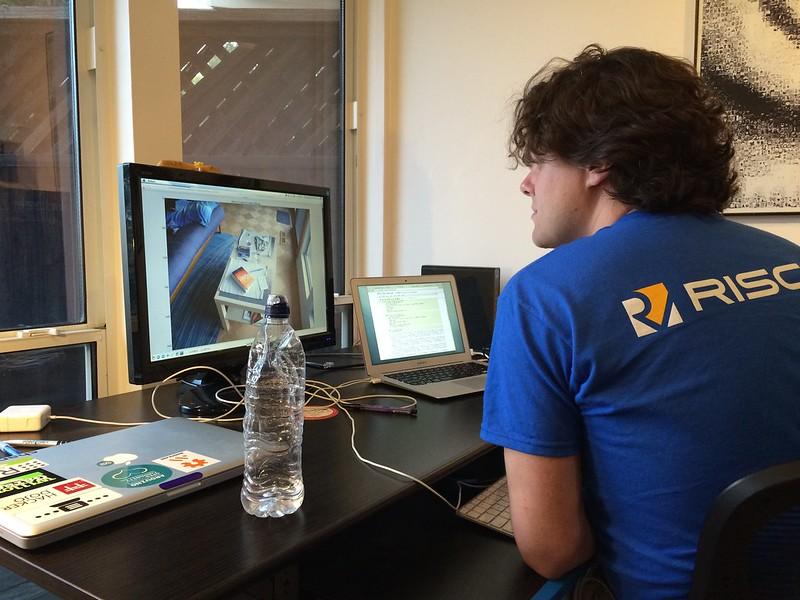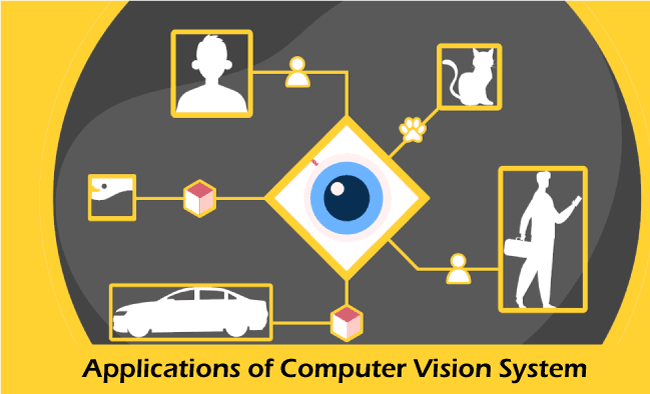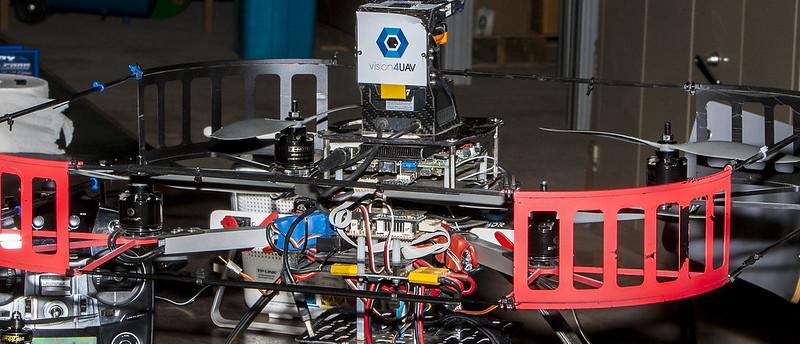I’m a computer vision engineer; I will now answer the question I have received recently about the pros and cons of being a computer vision engineer.
To give you a clear picture of what it’s like, in this discussion, I’ll walk you through what I, as well as other computer vision engineers, gain and lose when working in this position. So, let’s read on!
Overview of Computer Vision Engineers
Computer vision engineers are tech experts who create systems that enable machines to interpret and understand visual information around them. This field has grown and is popular in areas (healthcare, self-driving cars, etc.).
I, as well as other computer vision engineers, make special computer programs and models. These programs can recognize things in pictures and videos, like finding a cat in a photo or spotting obstacles on the road for a self-driving car.
To do this, we use math (algebra and calculus), TensorFlow, PyTorch, and similar tools. We work with data scientists and software developers to make these programs work well.

Any career has pros and cons, and computer vision engineering is no exception. In this section, I will analyze what I like and dislike about working in this job.
Regarding benefits, the potential of this field helps me get a good income and not worry about being unemployed in the future. I can also contribute to many other industries. Keep reading for more details!
1. Computer Vision Is A Potential Field
Computer vision is a promising field with lots of job opportunities. The worldwide market for it was worth nearly $9.5 billion in 2020 and can reach over $41 billion by 2030, growing at 16.0% each year.
The reason for this remarkable growth is technology, especially AI, is better. There’s also Emotion AI, which uses computer vision to figure out how people feel by looking at their faces and body language.
Because it’s growing fast and vital in many industries, I’m not worried about being unemployed. There will always be job opportunities for me!

2. High Salary
I have to admit that the salary for a computer vision engineer is quite impressive. The average income range is $120,000-$210,000 per year.
So, if you’re in this field, you can expect to earn a comfortable income. This high pay is due to the increasing demand for computer vision engineers.
3. Career Growth
I am very satisfied with the career growth I have gained while working in this field, and I believe you will get this benefit, too, as the demand for computer vision skills increases.
When I first entered this field, I focused on recognizing simple images. As I got better, I took on more challenging tasks. Now, I work in a leadership role; I lead teams and oversee entire projects from start to finish.
With computer vision becoming more vital in healthcare, cars, and robots, my career is full of exciting chances for growth. I find the future very promising!
4. Diverse Applications
As a computer vision engineer, I can contribute in various areas, for example:
- In healthcare: I help make systems that can analyze medical images like X-rays to find illnesses early.
- In self-driving cars: I make sure the cars can see the road and avoid accidents.
- In stores: I use technology to recognize faces and manage products on the shelves.
- In farming: I help create systems to check on crops and predict how much they will produce.
The best part about contributing to various applications is the feeling of being integral in creating modern equipment and machinery.
As you can see, this profession brings many benefits. However, there are four challenges you will face if you pursue this field.

5. Complexity
The most difficult part of this profession is I always deal with challenging tasks to make computers understand pictures and videos using complex math and computer programming.
Even though it is challenging, especially when working on big projects, it’s also very satisfying. I love to use my skills to solve real-world problems.

6. Long Development Cycles
Although I love creating computer vision systems, I have to admit that the development time is not a quick process.
First, I need to understand the problem, gather and prepare data, and then make complex computer programs that can learn from this data.
Each step can take a while, especially when working on big projects with lots of data. Fixing and improving the programs can also be slow because even small changes can be tricky.
But even though it takes a long time, seeing a project succeed and make a real difference is what makes being a computer vision engineer worth it.
7. Continuous Learning About Many Areas
Computer vision isn’t just about one thing; it’s popular in many different areas. And new technology and methods come up all the time. So, I need to keep updating, be flexible, and be able to understand each field’s unique needs.
8. Infrastructure Dependence

As a computer vision engineer, I need powerful computers and storage to do my work. Getting and keeping these resources is challenging and costly.
Besides, I must have good data management and storage systems to store and manage all information. And as technology keeps improving, I must keep up with the latest tools and machines.
Is Becoming a Computer Vision Engineer Worth it?
The answer is yes for those who love working with technology. But you’ll need to keep learning because the tech keeps changing.
If you enjoy working in a fast-changing field, love making machines “see” like humans, and are ready to keep learning, computer vision engineering is a fulfilling job with lots of potential.
But it might not be the best fit if you’re not into learning new things or dealing with complex tech.
Wrap Up
Above are the advantages and disadvantages of being a computer vision engineer. Obviously, this exciting career lets me contribute to many innovative solutions today. Yet, dealing with complex problems and continuous learning are demanding.
Regarding whether this career path is right for you, the ultimate answer depends on your passion for tech and commitment to staying updated.
Thank you for reading!
